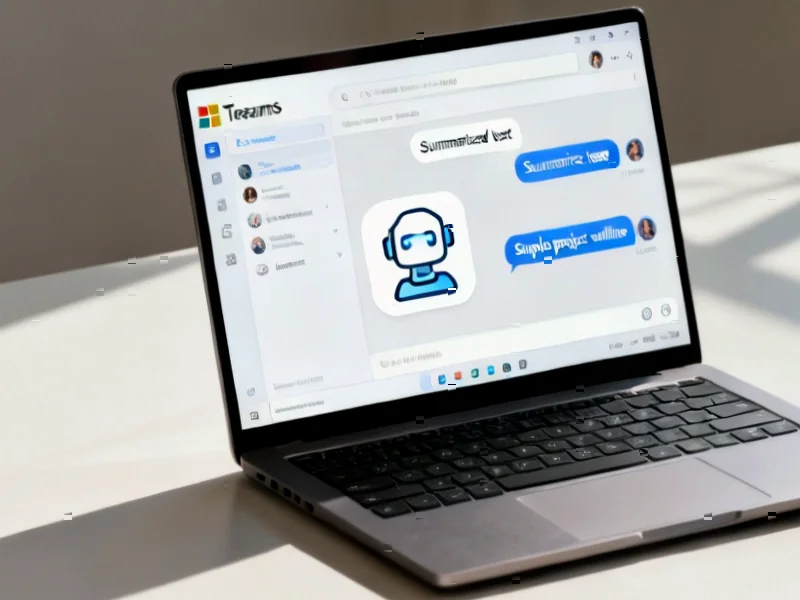According to CNBC, Novo Nordisk has launched a takeover bid valuing obesity biotech Metsera at around $6 billion with potential payments reaching $9 billion, triggering a heated bidding war with Pfizer. Pfizer had originally agreed in September to acquire Metsera for $4.9 billion, potentially rising to $7.3 billion with future payments. The Danish drugmaker’s unsolicited bid gave Pfizer just four business days to renegotiate its offer, prompting Pfizer to file two lawsuits against both companies alleging anticompetitive behavior. Metsera responded by calling Pfizer’s litigation arguments “nonsense” and now says Novo Nordisk’s latest up-to-$10-billion offer is superior to Pfizer’s revised $8.1 billion proposal. Pfizer has two business days to negotiate further adjustments before Metsera’s board can potentially terminate the existing merger agreement.
Why everyone wants a piece of this
Here’s the thing – the obesity drug market is basically the pharmaceutical industry’s new gold rush. We’re talking about a market that could be worth $100 billion annually, and right now it’s dominated by just two players: Novo Nordisk with Wegovy and Eli Lilly with Zepbound. Pfizer desperately needs to get in this game after their own obesity drug candidates failed spectacularly. They’re essentially trying to buy their way into a market they can’t crack through internal R&D. And honestly? It’s starting to look a bit desperate.
When lawsuits become part of the strategy
Pfizer’s legal maneuvering is fascinating to watch. They’re not just trying to outbid Novo Nordisk – they’re trying to block the deal entirely through courts, alleging anticompetitive behavior. But let’s be real: when was the last time you saw a major pharma company file not one but two lawsuits in rapid succession over a takeover bid? This isn’t just business as usual – it’s a sign of how high the stakes are. Metsera calling the arguments “nonsense” shows they’re not intimidated either. This could drag through courts for months while both companies miss out on the obesity drug boom.
The real winners and losers
So who actually benefits from this billion-dollar tug-of-war? In the short term, Metsera’s shareholders are obviously cleaning up – their valuation has more than doubled in a matter of days. But for patients? More competition in the obesity drug space could eventually mean lower prices and more treatment options. The current drugs are famously expensive and often not covered by insurance. Having another major player like Pfizer in the mix might help drive prices down over time. Then again, when companies spend $10 billion on an acquisition, they’re going to want to recoup that investment through… you guessed it, high drug prices.
This changes how biotech deals work
What’s really unusual here is the unsolicited bid aspect. In biotech, acquisition deals typically happen quietly through back channels before being announced. Novo Nordisk crashing Pfizer’s already-signed deal is basically corporate warfare. It sets a precedent that even signed agreements aren’t safe from being topped. For smaller biotech companies, this is great news – it means they might be able to start bidding wars that drive their valuations through the roof. For big pharma? It means they can’t assume their acquisition targets are secure until the deal actually closes. The entire M&A playbook just got rewritten in real time.





Thanks for sharing. I read many of your blog posts, cool, your blog is very good.